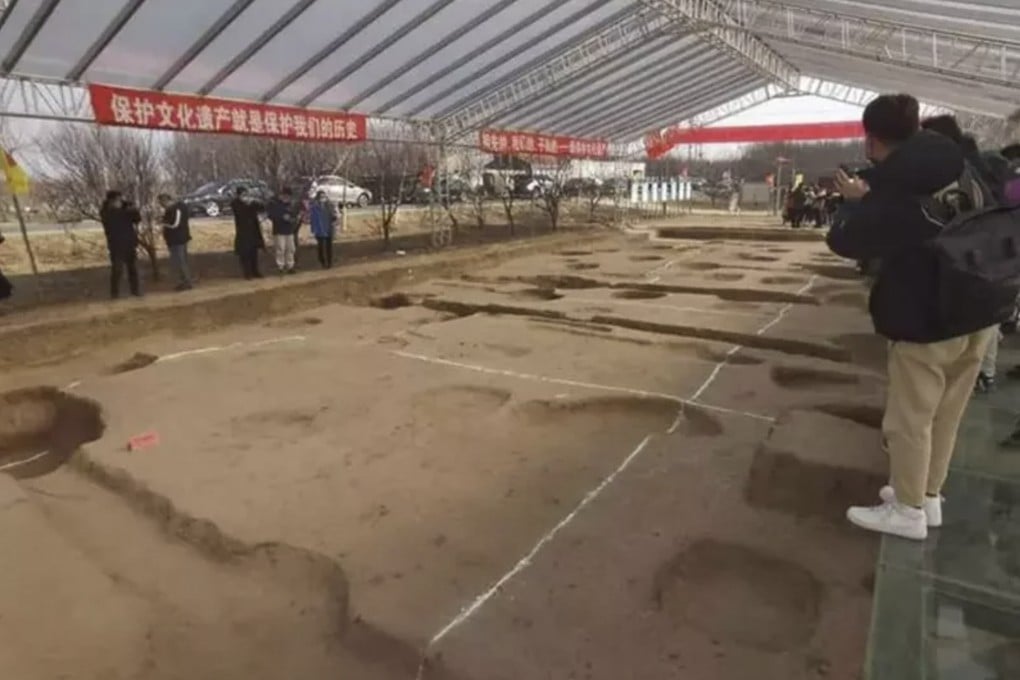Archaeologists discover centre for greatest Chinese philosophers during Warring States period from over 2,000 years ago
- The Jixia Academy housed important architects of Chinese philosophy, with the most notable being the Confucian leader Mencius
- The institution was probably more like a think tank, aimed at helping the kings guide their policies

As chaos reigned during the Warring States period (475-221BC), rulers across ancient China turned to intellectuals to find a way out of perpetual war, and the Jixia Academy in the state of Qi stood out for its power to attract the greatest Chinese thinkers of the time.
Little is known about Jixia, and some historians doubt the place should even be called an “academy”.
“Academy makes me think of a place where there is systematic training of students, maybe granting of degrees. To me it makes a little more sense to imagine it as a think tank,” said Paul Goldin, a professor at the University of Pennsylvania in the US and an expert in Chinese thought.
Jixia was set up by the ruling government of Qi (323–221BC), one of the more powerful of the warring states whose borders were similar to those of modern-day Shandong. Goldin said it was plausible that the institute was launched during the reign of King Xuan of Qi (319-301 BC), and it probably operated for about 150 years.